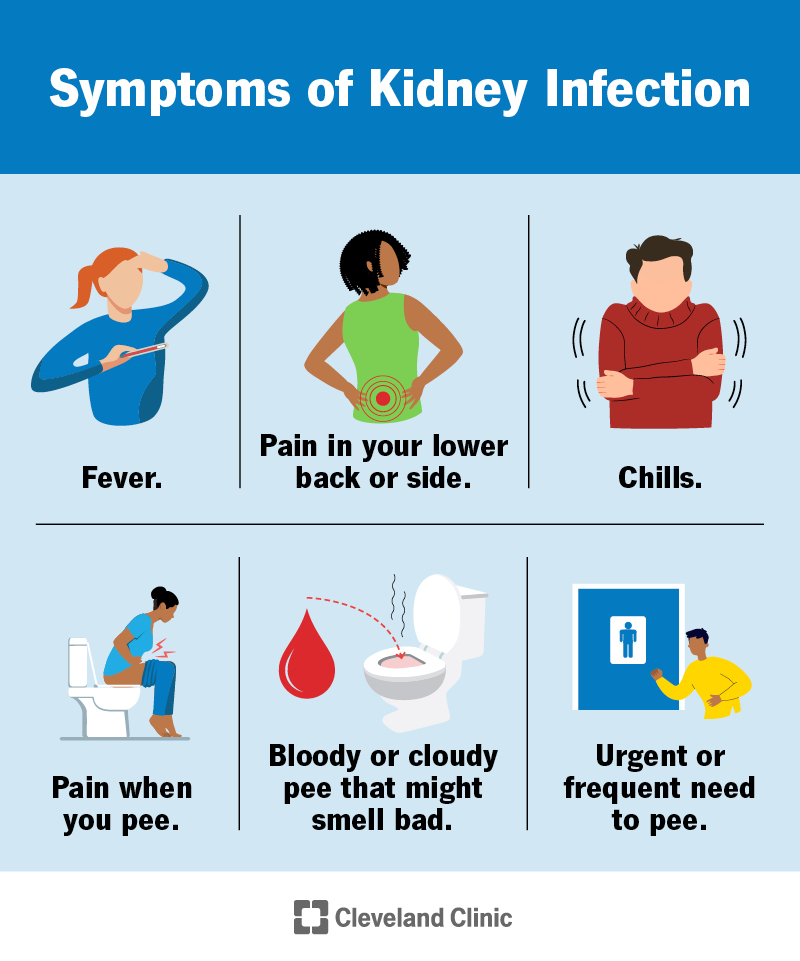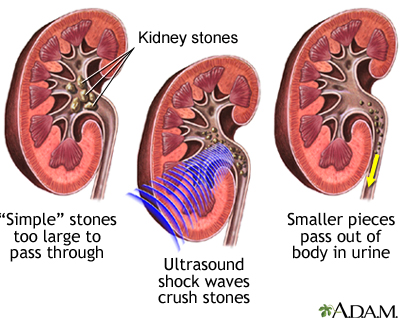Checking Out Kidney Stones vs UTI: A Clear Summary of Reasons, Symptoms, and Solutions
Checking Out Kidney Stones vs UTI: A Clear Summary of Reasons, Symptoms, and Solutions
Blog Article
Discovering the Manifestations and Causes of Kidney Stones in Comparison to Urinary System System Infections: A Detailed Guide
The exploration of kidney stones and urinary system tract infections (UTIs) exposes a complicated interplay of symptoms and underlying reasons that call for careful examination. What are the crucial differences in their symptoms, and just how might these inform treatment strategies?
Review of Kidney Stones
Kidney stones, also known as kidney calculi, kind when specific materials in the urine crystallize and accumulation, leading to the development of hard deposits within the kidneys. These rocks can differ in dimension, ranging from a grain of sand to a golf round, and can be made up of numerous materials, one of the most common being calcium oxalate, uric acid, struvite, and cystine. The development of kidney stones is affected by a number of factors, including nutritional habits, fluid consumption, and genetic predisposition.
Signs of kidney stones may include severe discomfort in the back or side, blood in the urine, nausea, and constant urination, particularly as the rock moves with the urinary system tract. Medical diagnosis usually entails imaging research studies such as ultrasound or CT scans, alongside urinalysis to identify the rock's make-up.
Therapy alternatives vary based on the size and kind of stone, in addition to the intensity of symptoms (Kidney Stones vs UTI). Small stones may pass normally with increased fluid consumption, while bigger stones may need clinical treatments such as lithotripsy or medical elimination. Recognizing the pathophysiology and threat aspects associated with kidney rocks is necessary for reliable prevention and administration
Introduction of Urinary System Tract Infections
Urinary system system infections (UTIs) are typical microbial infections that impact any part of the urinary system, including the kidneys, ureters, bladder, and urethra. They mostly occur when germs, often from the intestinal tract, get in the urinary system, leading to inflammation and infection.
The prevalence of UTIs is notably higher in women than males, mainly because of physiological differences, such as a much shorter urethra. Threat elements consist of sex, specific contraceptive techniques, urinary retention, and dehydration. The medical diagnosis of UTIs is usually validated via pee examinations, which may expose the visibility of microorganisms, white blood cells, or red blood cells.

Symptoms of Kidney Stones
The pain related to kidney rocks can materialize in various ways, usually leading people to look for clinical interest. One of the most common symptoms is serious pain, generally localized in the reduced back or side, which might emit to the abdominal area or groin. This pain, commonly defined as sharp or cramping, can take place suddenly and may change in strength.
Additionally, people may experience hematuria, or blood in the pee, which can range from tiny amounts to visible staining. This sign might be come with by adjustments in urinary practices, such as increased frequency or necessity, as well as discomfort during peeing. Nausea or vomiting and throwing up are likewise common, usually resulting from the body's reaction to intense pain.
In many cases, people might experience high temperature and cools, especially if a second infection creates due to the obstruction triggered by the stones. Overall, the mix of serious discomfort, hematuria, transformed urinary system patterns, and gastrointestinal symptoms can provide considerable understanding into the visibility of kidney stones, requiring punctual medical examination and treatment. Comprehending these symptoms is vital for timely medical diagnosis and effective monitoring of the condition.
Symptoms of Urinary System Infections
Infections within the urinary system commonly offer a range of distinctive symptoms that can substantially affect day-to-day live. The most usual signs and symptoms include a persistent desire to urinate, commonly gone along with by a burning sensation during peeing, referred to as dysuria. People may also experience raised frequency of peeing, generating percentages of pee each time.
Various other notable signs and symptoms include cloudy or reeky pee, which might indicate the presence of germs or pus. In many cases, urine may show up red or pink because of the presence of blood, a problem recognized as hematuria. Furthermore, people might experience pelvic discomfort or stress, which can even more intensify the feeling of necessity.
Systemic symptoms might likewise manifest, such as high temperature, chills, and tiredness, particularly if the infection has actually ascended to the kidneys. It is important to identify these signs and symptoms early, as untreated urinary system tract infections can bring about much more extreme complications. Kidney Stones vs UTI. Prompt medical focus is recommended when these signs and symptoms are observed, permitting for suitable diagnostic examination and treatment to ease pain and avoid additional health concerns
Root Causes Of Each Problem
Frequently, kidney stones and urinary system tract infections occur from distinct yet sometimes overlapping causes that can influence people in different ways. Kidney stones commonly form because of metabolic elements, nutritional selections, and hereditary predispositions. Raised degrees of calcium, oxalate, or uric acid in the urine can cause stone development. Dehydration, not enough fluid intake, and high-sodium diets i was reading this can aggravate these problems, advertising condensation within the urinary system tract.

Comprehending these distinct reasons is important for avoidance and therapy. Kidney Stones vs UTI. While way of living adjustments may mitigate the danger of kidney rocks, ideal health and prompt therapy of urinary system system infections are important for lowering their recurrence and associated complications
Verdict
In summary, kidney rocks and urinary tract infections present distinct signs and underlying causes. Kidney stones are defined by severe discomfort and metabolic elements, while urinary system tract infections largely entail bacterial infections leading to urinary system urgency and pain.
The exploration of kidney stones and urinary system tract infections (UTIs) exposes a complex interplay of signs and symptoms and underlying reasons that call for mindful evaluation.Urinary system tract infections (UTIs) are typical bacterial infections that impact any kind of Recommended Site component of the urinary system, including the kidneys, ureters, bladder, and urethra.Often, kidney stones and urinary tract infections arise from distinctive yet often overlapping causes that can impact individuals in different ways.In summary, kidney stones and urinary system system infections existing distinct signs and underlying reasons. Kidney rocks are identified by serious pain and metabolic elements, while urinary system infections primarily entail pop over to these guys microbial infections leading to urinary system necessity and pain.
Report this page